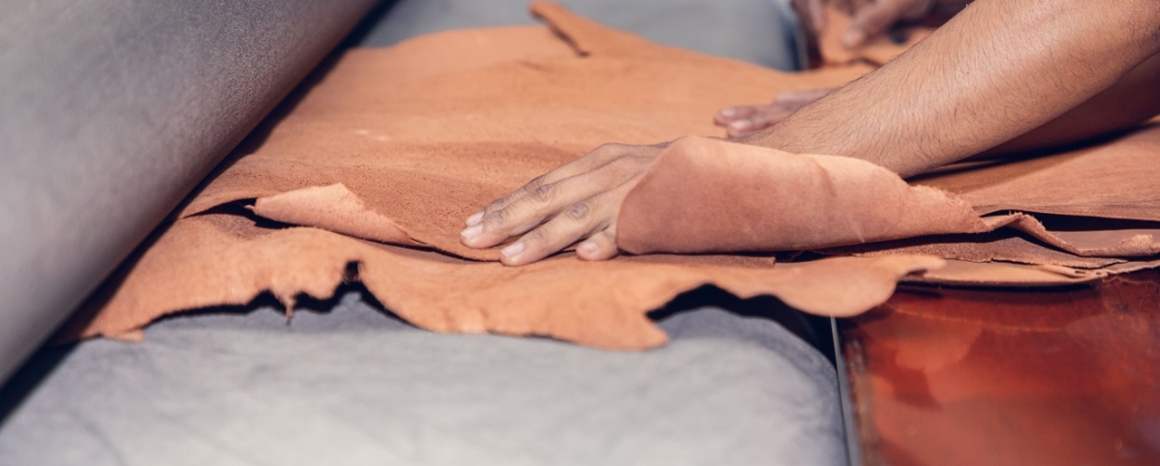In August 2024, ETI was one of 25 grantees awarded a contract by the Sustainable Manufacturing and Environmental Pollution (SMEP) programme, established by the UK's Foreign, Commonwealth and Development Office (FCDO) in partnership with the UN Trade and Development (UNCTAD).
The programme aims to implement a joint initiative in the tannery sector in Bangladesh in collaboration with its partners ETI Bangladesh, Bangladesh Labour Foundation (BLF) and Mondiaal FNV (FNV).
Many organisations, including the Asia Foundation and Human Rights Watch, have reported on the harmful and environmentally destructive practices of tanneries in Bangladesh. The dumping of toxic waste can pollute nearby water sources and cause health problems for local communities, and prevent farmers from using water for needed irrigation. Tanneries also lack personal protective equipment, and adequate safety precautions to operate tools and machinery. Workers and supervisors often suffer from skin and lung diseases, headaches, diarrhoea and fatigue. Unaddressed, these environmental and social impacts risk the economic sustainability of Bangladesh’s leather industry and the livelihoods of its workers, as failure to adhere to stringent international standards turns buyers away.
Working as a consortium of partners, this initiative aims to collaborate with 40 tanneries located the Tannery Industrial Estate in Savar, share knowledge and implement systems designed to mitigate the environmental and social impacts of leather manufacturing.
By collaborating with participating tanneries to address these impacts, this project aims to contribute toward their business growth by aligning control mechanisms with international standards, facilitating access to high-value markets, and unlocking the potential to invest in Environmental, Social and Governance and decent work. This initiative will take a three-pronged approach, to include:
- Collaborative development and implementation of environmental and social management systems (ESMS) in 40 tanneries to improve production efficiency. ESMS will be enabled through peer-to-peer knowledge sharing to grow worker and management skills and understanding and mitigate environmental and social risks associated with tannery production.
- Incentivised investment in risk reduction through peer-to-peer knowledge sharing on high-value market requirements, networking with potential business partners, and aligning stakeholders with international standards through the development of human rights and environmental due diligence (HREDD) frameworks specific to the leather industry.
- Alignment of local and international networks in advocacy efforts to ensure forward-thinking infrastructure investment, improved application of HREDD for sector-wide global risk reduction, and engagement with supply chain partners in collaborative harm reduction initiatives.
From an environmental perspective, the initiative is expected to contribute to a reduction of GHG emissions by 1,235 tCo2 p/a in 40 tanneries' main operations by the end of the project.

